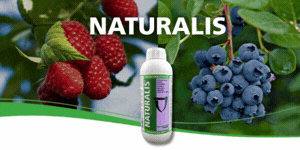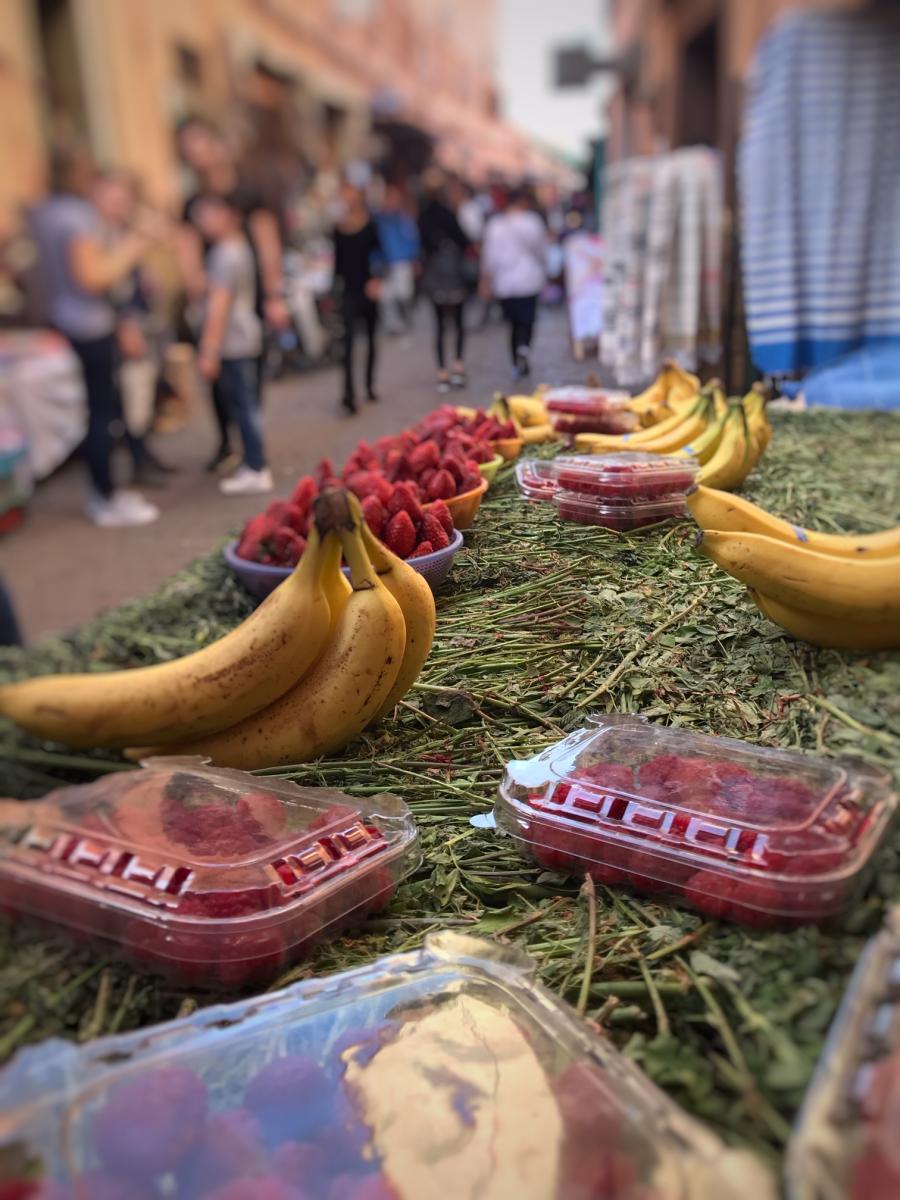When a new technology like RipeLocker enters the marketplace in our industry, the question is, is it adding to the costs of our income statement, and what exactly is the ROI? That's fair, very fair, especially at a time when inflation is a constant concern and operating costs seem to be rising. Whether it's technologies that improve the cold chain, impacting crop efficiency, irrigation, shelf life, or any of the many innovations that occur on the supply side, this concern is a sticking point in times of economic instability.

"RipeLocker can extend the post-harvest life of a crop byweeks, and often months. Not only that, but in the longer term, the technology can even extend a season far beyond those of traditional competitors, giving them an edge on demand and availability," George Lobisser, the company's co-founder and CEO, told me during a morning phone call from his office on Bainbridge Island, Washington. "This means growers, packers and exporters reduce waste and consumers benefit from better taste, longer shelf life and seasonal availability."
THE BENEFITS OF RIPELOCKER ON ECONOMIC PERFORMANCE
In addition, hypobaric chambers for storage and transport can help growers and packers realize better margins in foreign markets, such as Asia.

Part of the technology to achieve these goals is the ability of RipeLockers to create lower O2 and higher CO2 environments than non-vacuum containers to slow respiration and prevent perishables from becoming anaerobic.
"Look at this expedition of blueberries that we followed a few years ago. The blueberries biologicals were collected on May 19 of that year and loaded into RipeLockers in Mexico. The RipeLockers were brought to the Port of Los Angeles on May 30 and loaded onto a ship. The RipeLockers traveled for 63 days in a refrigerated intermodal container and were opened on July 30 in Hong Kong. The fruit was in a vacuum for a total of 71 days," George says. "The flavor, the texture, everything was still there."

RipeLockers suppress decay, as shown in this control sample compared to RipeLockers - The blueberries organics were collected on 19.05.19 and loaded into RipeLockers in Mexico, brought to the port of Los Angeles and loaded onto a ship, where they traveled for 63 days in a refrigerated intermodal container and were opened on 30.07.19 in Hong Kong.
How do these lockers fit, literally, into existing programs? RipeLockers are stackable and movable with a forklift, with 40 units that can fit into a reefer/truck. They move easily through logistics chains, such as from a warehouse to a truck to a ship.
"The beauty is that they take advantage of the existing cold chain (there is no refrigeration in the units) and no additional humidification is required. We know that growers and packers are looking for more cost-effective solutions, and this program is scalable and mass-produced in high volumes," George explains.

In addition, data are collected and analyzed in real time to predict and alert customers to any changes in the health status of perishables stored inside to potentially avoid total loss. This type of dynamic system allows the indoor environment to automatically remain within limits, even with changes in the surrounding atmosphere.
Source : Andnowuknow







